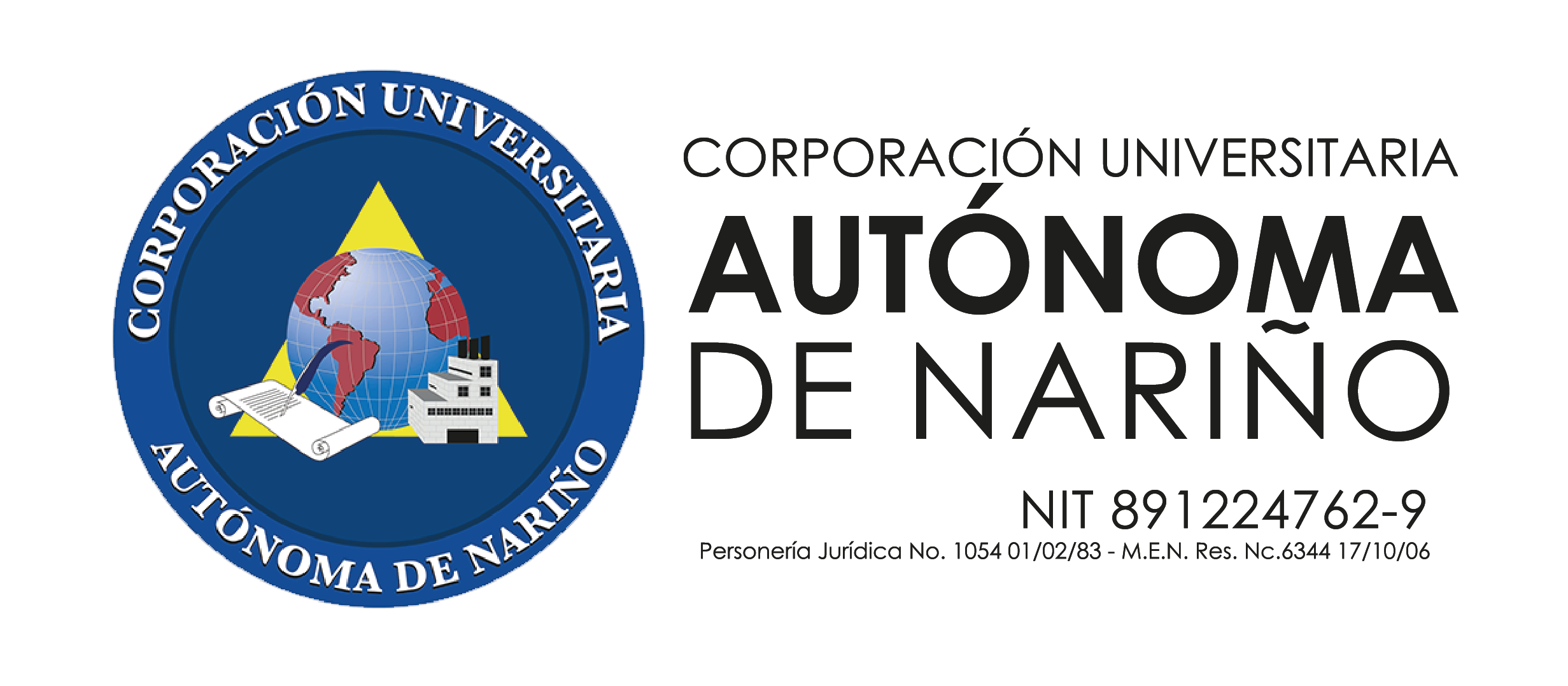The contemporaneity of the Experimental or Empirical Economy (EE) of David Card, Joshua Angrist y Guido Imbens assumed prospectively by William McDonough Circular Economy (CE)
A theoretical look
DOI:
https://doi.org/10.47666/summa.6.2.5Abstract
Considering the dizzying dynamics of the new global economic order in terms of the change in the consumption model on the planet, its rationality, the estimation of the size of its effects on communities and on the planet's resources, the approval and validity of theories and economic doctrines and the care in each of the details of the market mechanisms in each country (market economies), as a doctrinal legacy of an experimental economy in which the identification of causal relationships prevails, the circular economy, from its vision close to the natural sciences and the objective appropriation of resources, could propose a prospective scenario in which causal subjectivity and objectivity are appropriately linked to emulate nature, since there is no waste in it, only poorly used raw material. The reincorporation of this waste into the production system would change the course of the linear economy, the metrics of the econometric models, and a new energy matrix could be proposed for a consumption log in the “Global Village” that is truly sustainable. The theoretical perspective proposes a parallel to build support for what was inferred in 2021 by Card, Angrist and Imbens, from economic circularity.








